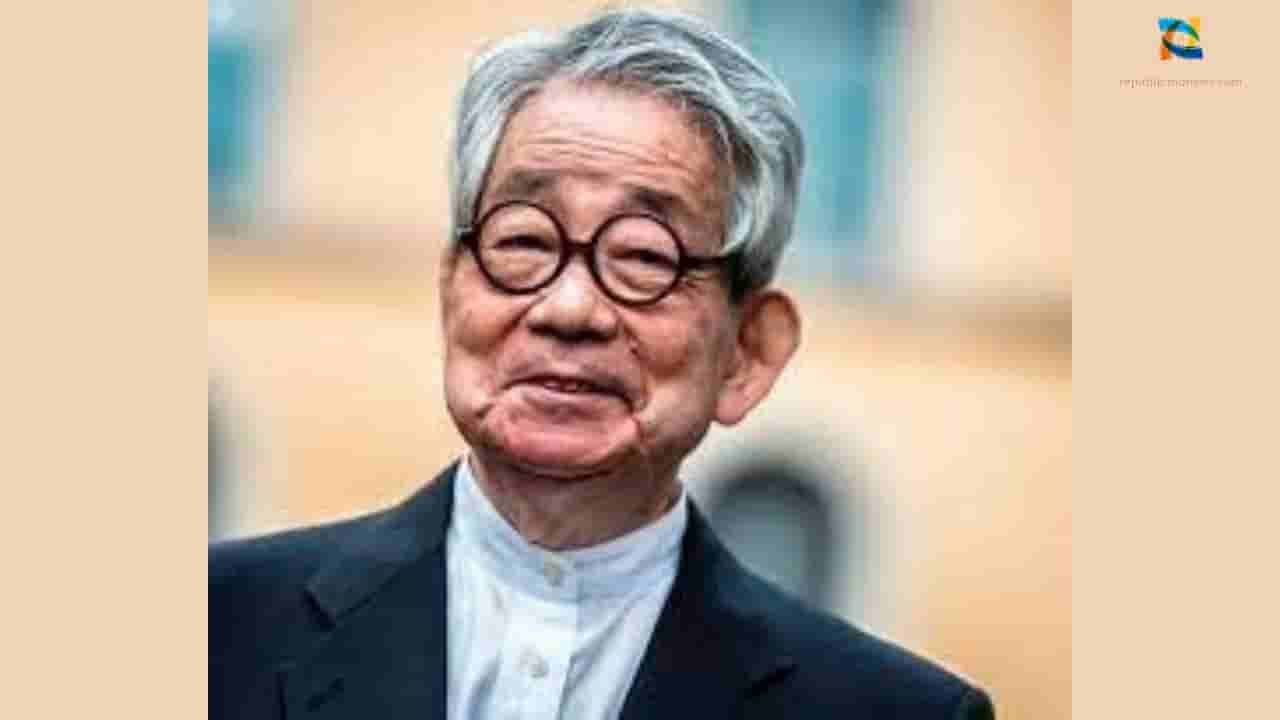Mr Oe attempted to guarantee that Japan learnt the lessons of its twentieth-century militarism via his compelling books and essays.
The Following is the Cause of Death:
Kenzaburo Oe, the author of works on pacifism and his disabled son who received Japan’s second Nobel Prize in literature, has died. According to his publisher Kodansha, his death on March 3 at 88 was caused by old age.
He was ten years old when Japan was devastated during World War II. He recalls being asked at school every day whether he would die for the Emperor and felt guilty when Oe realised he wouldn’t think when he went to bed each night. In 1960, he married Yukari, the sister of the late film director Juzo Itami, known for his social satires. Four years later, Hikari, the first of their three children, was born.
Kenzaburo Oe, Who was He?
Oe Kenzabur, a Japanese author whose writings portray the despair and revolt of his post-World War II age, was born on January 31, 1935. He received the Literature Nobel Prize in 1994. He hails from a wealthy landowning family that lost most of its properties after the war owing to the occupation’s forced land reform.
He started at the University of Tokyo in 1954 and graduated in 1959. Because of the quality of his writing, while still a student, he was hailed as the most promising young writer since Mishima Yukio.
Trophies:
When Shisha no ogori was published in the magazine Bungakukai, Oe made news in the literary world for the first time. Yet, his scholarly output was a mixed bag. His first novel, Memushiri Kochi, was well-received and translated as “Nip the Buds, Shoot the Babies.” His second work, “Shiiku,” earned him the renowned Akutagawa Prize.

nytimes
His Nobel Prize was followed by Japan’s Order of Culture, which he refused to receive since the Emperor bestowed it upon him, stating, “I do not acknowledge any authority, any value, greater than democracy.” Nevertheless, his second book, Warera no jidai, could have been better received because his colleagues believed he was becoming more preoccupied with social and political commentary.
An Author: Oe
He wrote on the horrible accounts of the Hiroshima atomic blast, noting that his horror at what he heard may have inspired him to become a writer. He was never hesitant to criticise his homeland and was particularly critical of former Prime Minister Shinzo Abe’s attempts to amend Japan’s pacifist constitution.
In a 2014 interview, he said that Japan held “some” blame for the conflict. “This war, in which so many big nations participated, caused immense pain for people all around the globe… Also, it is a reality that nuclear weapons were created and used in this fierce conflict. After the Fukushima nuclear accident in 2011, Oe, who had previously been a pacifist, became even more vocal in his opposition, saying that Japan had a “sacred commitment” to give up nuclear power, just as it had given up war under its constitution. In 2013, he organised an anti-nuclear march in Tokyo, and in 2015, he joined thousands of others in protesting Abe’s decision to allow Japanese soldiers to fight overseas.
What was the Impetus behind His Writing?
Hikari, his brain-damaged son, also became a driving force in his writing. Hikari could not speak with his family for many years, yet as an adult, he became well-known as a composer. According to Oe, much of his work was an effort to give Hikari a voice.
Bird, the hero of Oe’s acclaimed 1969 book “A Personal Affair,” represents Oe’s response. The novel is a reflection of his life, particularly the agonising week when he had to choose between death and life for his kid, freedom or bondage for himself: My kid, like Apollinaire, was wounded in a dark and lonely battlefield I had never seen before, and he came with his head wrapped in bandages. I’ll have to bury him like a fallen soldier. Yet, the kid did not die.
Grief’s lovely, smooth tears would no longer melt away like a simple jelly. The infant started living violently, wrapped in skin as red as a prawn and gleaming with the shine of scar tissue. When Oe returned from a brief writing job in Hiroshima, the incredible fortitude of the atomic bomb survivors made him feel ashamed of his attitude.
Read Also – In North Carolina, a missing Texas girl was found locked up in a shed
















